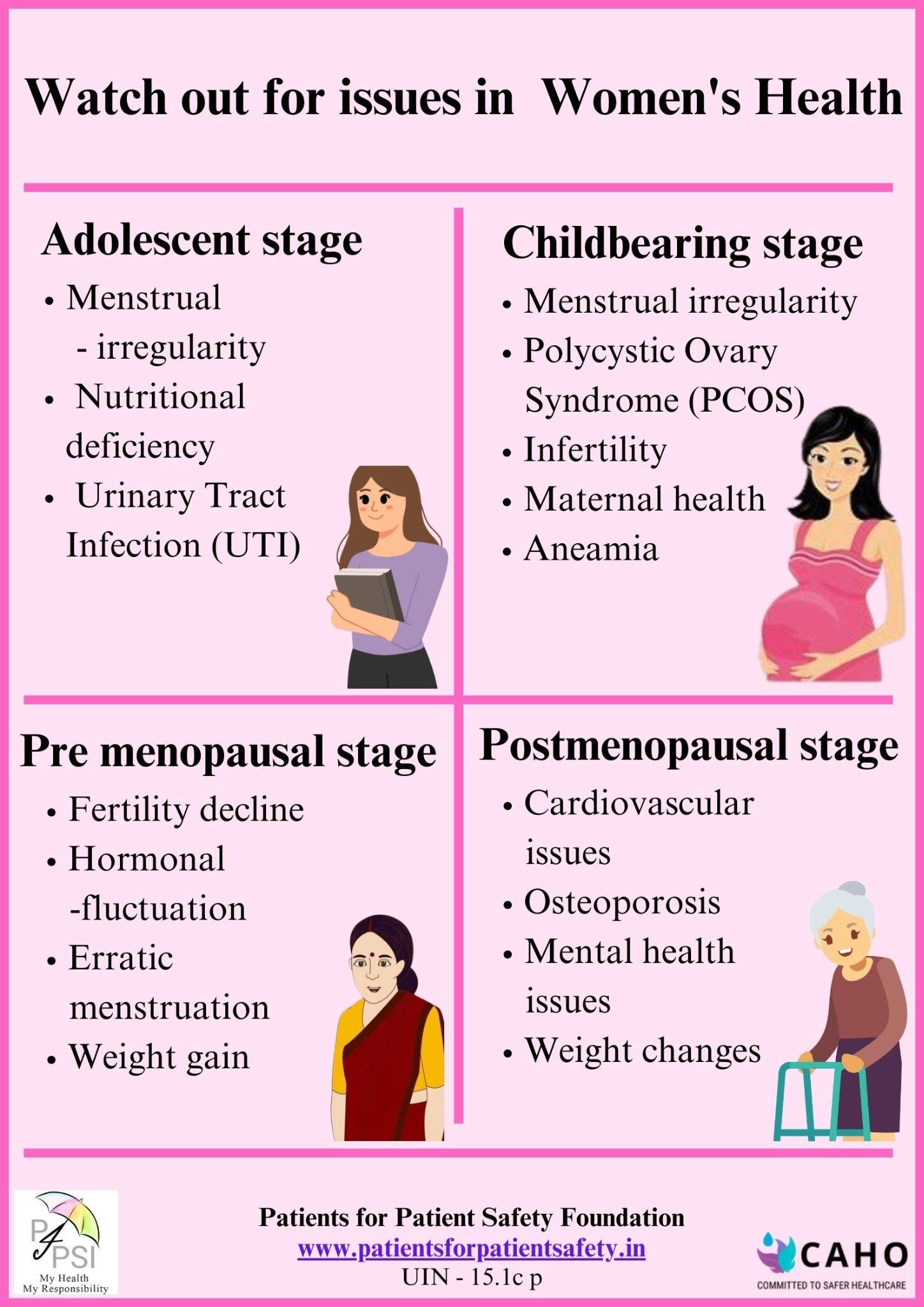
Women’s Mental Health
Introduction
Women's mental health cannot be overstated, as it plays a pivotal role in shaping the overall well-being of individuals, families, and societies. The constant pressures of daily responsibilities and workloads worsen their mental health, making it hard for them to meet expectations. In this vulnerable state, women can easily be emotionally and mentally manipulated, adding to the strain on their mental well-being. Recognizing and addressing the specific mental health needs of women is crucial for fostering a healthier, more resilient society.
Common Symptoms of Mental Health:
- Persistent sadness or feelings of hopelessness
- Noticeable changes in mood, energy level or appetite
- Difficulty sleeping
- Appetite or weight changes
- Misuse of alcohol, drugs or both
- Decreased energy or fatigue
- Excessive fear or worry
- Extremely high and low moods
- Aches, headaches, or digestive problems without a clear cause
- Seeing or hearing things that are not there
- Anger or irritability
- Social withdrawal
- Thoughts or behaviours that interfere with work, family, or social life
- Thoughts of death or suicide or suicide attempts
Factors contributing to Women's Health Issues:
- Hormonal changes: Fluctuations during menstruation, pregnancy, and postpartum.
- Trauma and abuse: Past experiences of trauma or abuse, including physical, emotional, or sexual abuse.
- Chronic illness: Women with chronic health conditions may be more susceptible.
- Stressful life events: Major life changes, such as divorce, losing a loved one, or financial strain.
- Workplace stress: High levels of stress or challenges in the workplace.
- Discrimination and inequality: Experiencing discrimination based on gender, race or other factors increases vulnerability.
- Substance abuse or dependence can exacerbate
- Pregnancy and postpartum changes: Hormonal fluctuations and the stressors of motherhood.
- Personal relationships: Strained or unhealthy relationships, including intimate partner violence
How to Manage:
- Seeking professional help from therapists or psychiatrists for diagnosis and treatment.
- Engaging in psychotherapy, counselling, or support groups to develop coping strategies.
- Adopting a healthy lifestyle with regular exercise, nutrition, and sufficient sleep.
- Cultivating strong social connections and seeking support from friends, family, or support groups.
- Evaluating and adjusting the work-life balance to reduce stressors.

 Back
Back